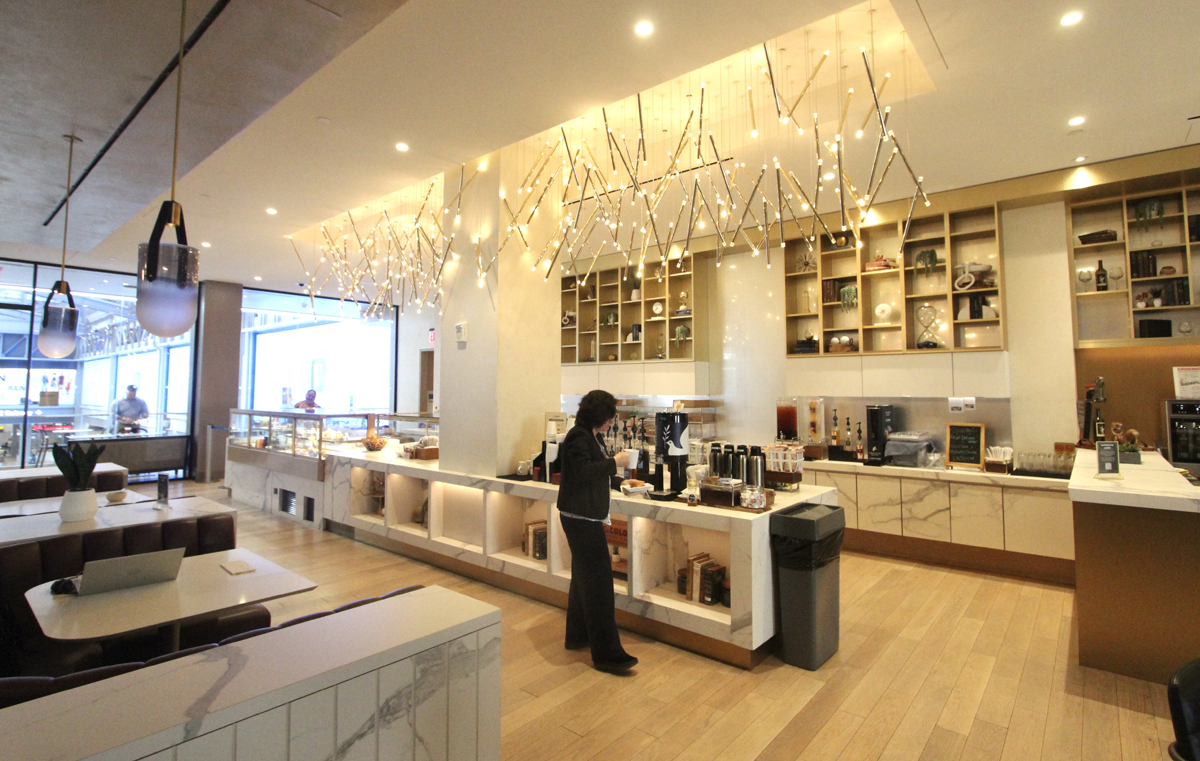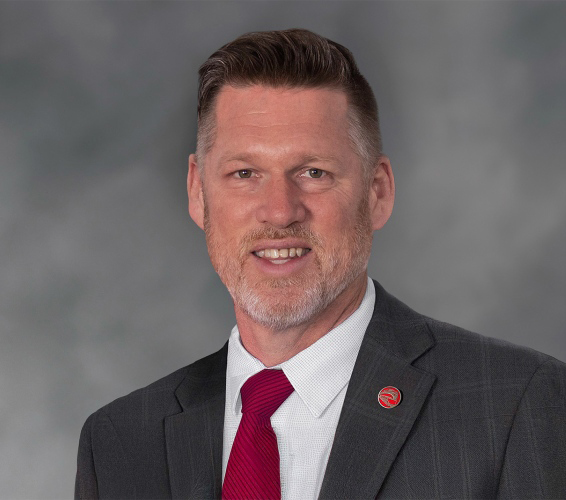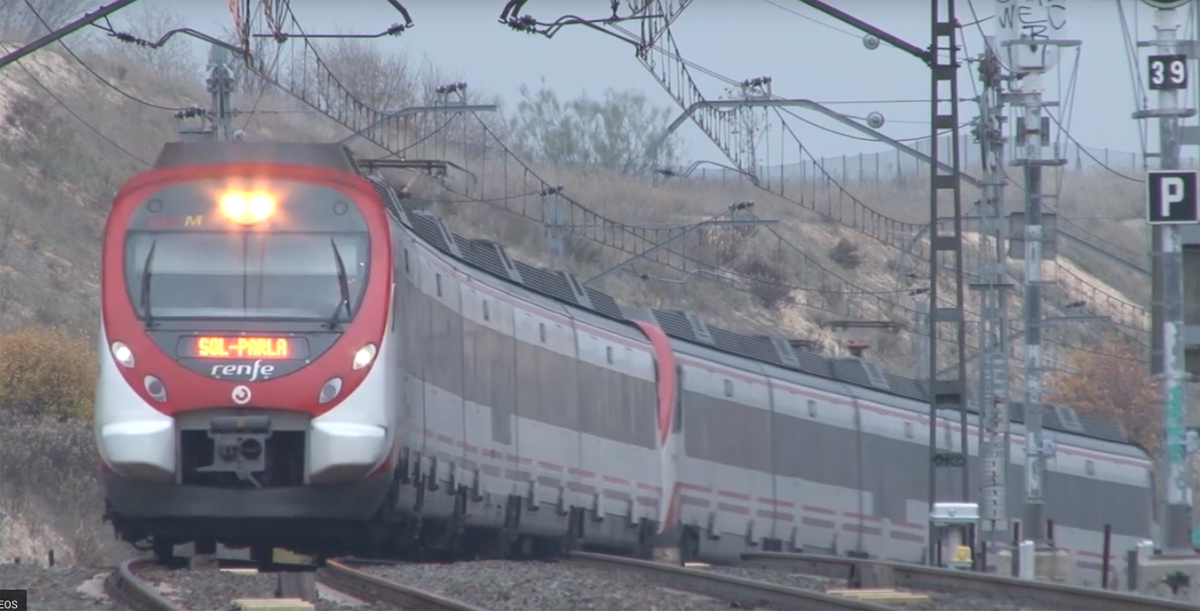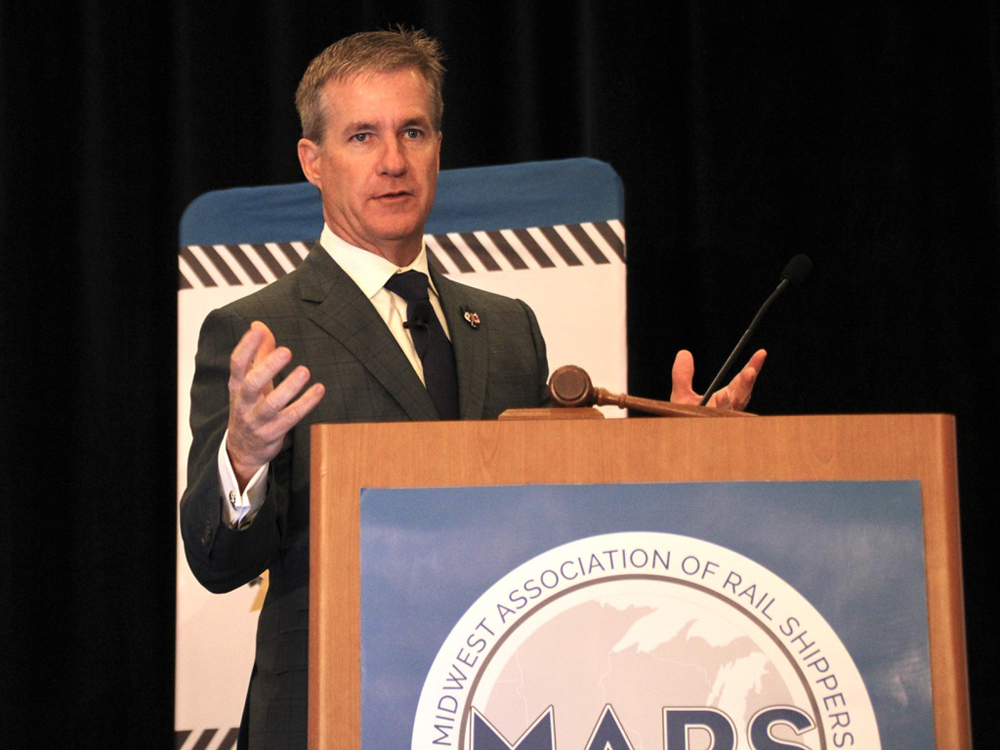
LOMBARD, Ill. — One final batch of notes from this week’s Midwest Association of Rail Shippers Winter Meeting, marking the organization’s 100th anniversary:
Blending cultures
Merging railroads can be difficult, simply as a matter of blending cultures. The Penn Central merger famously was hindered by the clashing views of longtime competitors Pennsylvania and New York Central, and there are still railroaders who take a distinct them-and-us view to the Burlington Northern and Santa Fe components of BNSF — although most of them do so now from retirement.
But CPKC’s Keith Creel said the blending of Canadian Pacific and Kansas City Southern was going well, in large part because the railroads had similar cultures going in — although he continues to devote a lot of time to it.
“We’ve had to learn that we’ve got to slow down and we’ve got to explain more, communicate more,” Creel said. “I’ve never had more town halls in my career than the last 12 months. … We’ve committed to doing that to continue through this integration, because … knowing that you’re valued and understanding why we’re doing something and what role you play is critically important.” Standrad procedure, he said, is follow every one of the railroad’s quarterly earnings calls with a trip for a town hall meeting with employees; that will happen again after upcoming call on Jan. 30.
“I’m flying somewhere to do a town hall to interact with people, face-to-face to communicate, to build, trust, relationship, explain the tough stuff, because, listen, it’s not all easy,” Creel said. “I’m not compromising the principles of the way we do business. I’m not going to apologize for it. I think it’s the right way to run any business, but I will explain it to you and I will give you an opportunity to ask questions. And if you do that, I think most human beings say, ‘Listen, at least they care enough [to explain]. I may not like it, but I can get behind it.’ Don’t have to agree. We can agree to disagree.”
Iowa Northern reaction
Canadian National’s recent announcement it will purchase the Iowa Northern Railway [see “Canadian National to acquire …,” Trains News Wire, Dec. 6, 2023] led to a question for participants in a Wednesday panel on short lines: did they see a cause for concern a deal like that, or a move like BNSF buying out the lease for Montana Rail Link?
Chuck Baker, president of the American Short Line and Regional Railroad Association, said the circumstances of each such transaction had been different enough that he did not a trend.
“I mean, as a shortline association, I hate it,” Baker said. “Obviously, I’d like to see hundreds of new spinoffs and new short lines created, but my perspective as the association is maybe not the most important one. What works for the customers and the rail network? I just think it’s such an individual story. … I don’t know that it’s like a giant trend that’s going to change the world of freight rail shipping, from my point of view.”
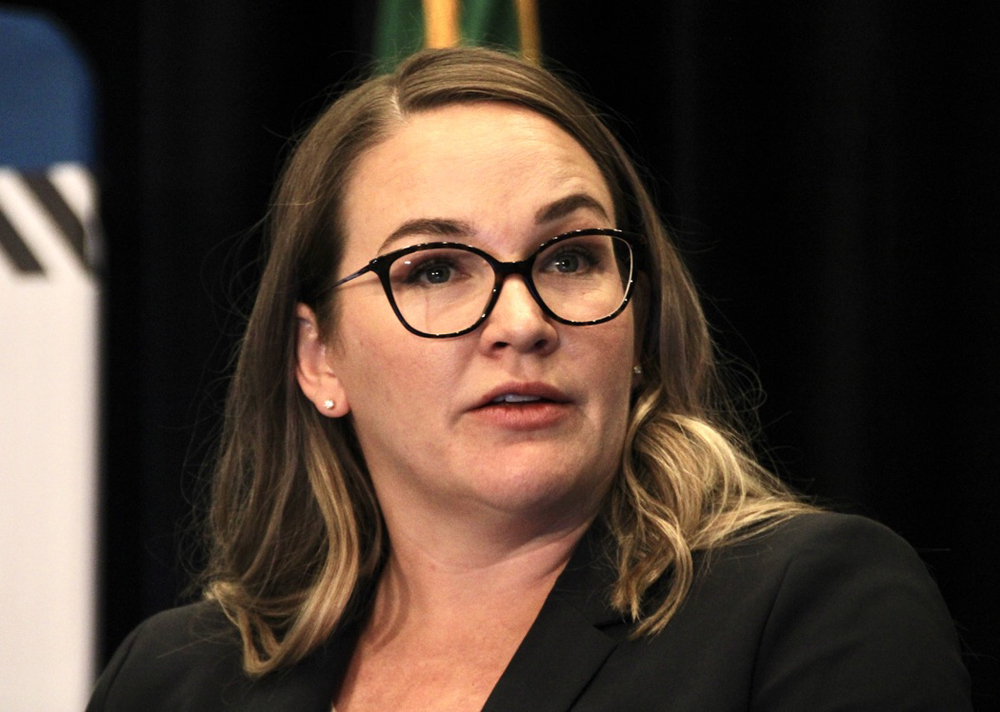
Cassie Dull, chief commercial officer for Gulf & Atlantic Railways, suggested the deals were an endorsement of the power of short lines.
“It says a lot for what the shortline industry can do with track that was either sold previously or has historically been a short line,” Dull said. “They’ve got a position that is desirable for larger networks to absorb. Am I concerned about it? Not necessarily. There’s a ton of opportunity that’s out there in terms of new shortline opportunities. We are in the mode of acquisition, obviously — we acquired four lines last year. … So I think there’s a ton of opportunity elsewhere. But I take that it’s kind of kudos to the short line industry.”
Mike Peters , chief commercial officer of Genesee & Wyoming, sees the Iowa Northern deal as another example of change spurred by the CPKC merger.
“There is change going on in this industry right now, and frankly the CPKC deal triggered a lot of that,” Peters said. “That’s why some of the Class Is are looking at ‘how do we extend our network,’ et cetera, and kudos to Keith [Creel] and the team for kick-starting that a little bit. For us, we’re doing a few things different coming out of the [Meridian & Bigbee] transaction; we’re operating the Pan Am Southern now. So we’re going to find new opportunities in the changing landscape.”
Trucking from the inside
A rarely discussed aspect of CSX is its ownership of chemical trucking company Quality carriers, acquired in 2021 [see “Digest: CSX acquires chemical trucking firm …,” News Wire, May 12, 2021]. Analyst Anthony B. Hatch asked CEO Joe Hinrichs about that during their “fireside chat” session that kicked off the meeting.
“It’s a very well-run trucking company,” Hinrichs said. “Chemicals as a whole are our largest customer base. And so what Quality Carriers does, it lets us look into the lens of our chemical customers in a different way, have more knowledge of the movements of chemicals, and whether it’s through Transflo [CSX’s transloading network] or it’s through other mechanisms, how can we serve customers better, holistically, in the chemical industry?”
“Synergy” may be one of the most overused terms in the corporate world — and Hinrichs, to his credit, didn’t use it here — but a genuine example is an intermodal service developed by Quality Carriers and CSX to move chemicals in ISO tanks — the tanks within a container-sized frame you’ll occasionally see on stack trains.
“This is a big opportunity,” he said, because while a lot of chemicals already move by rail, “a lot goes on truck — trust me, we have a $907 million revenue business moving chemicals on Quality Carriers. And so what an opportunity to grow our intermodal business, provide a safer experience for everybody in the community, but also provide cost reductions through an intermodal product. So those are kind of things that can happen if you think creatively ,and you take advantage of this. It also gives us exposure to the trucking industry in a different way and learn more about trucking. So there’s a lot of ways that it’s helped us.”






